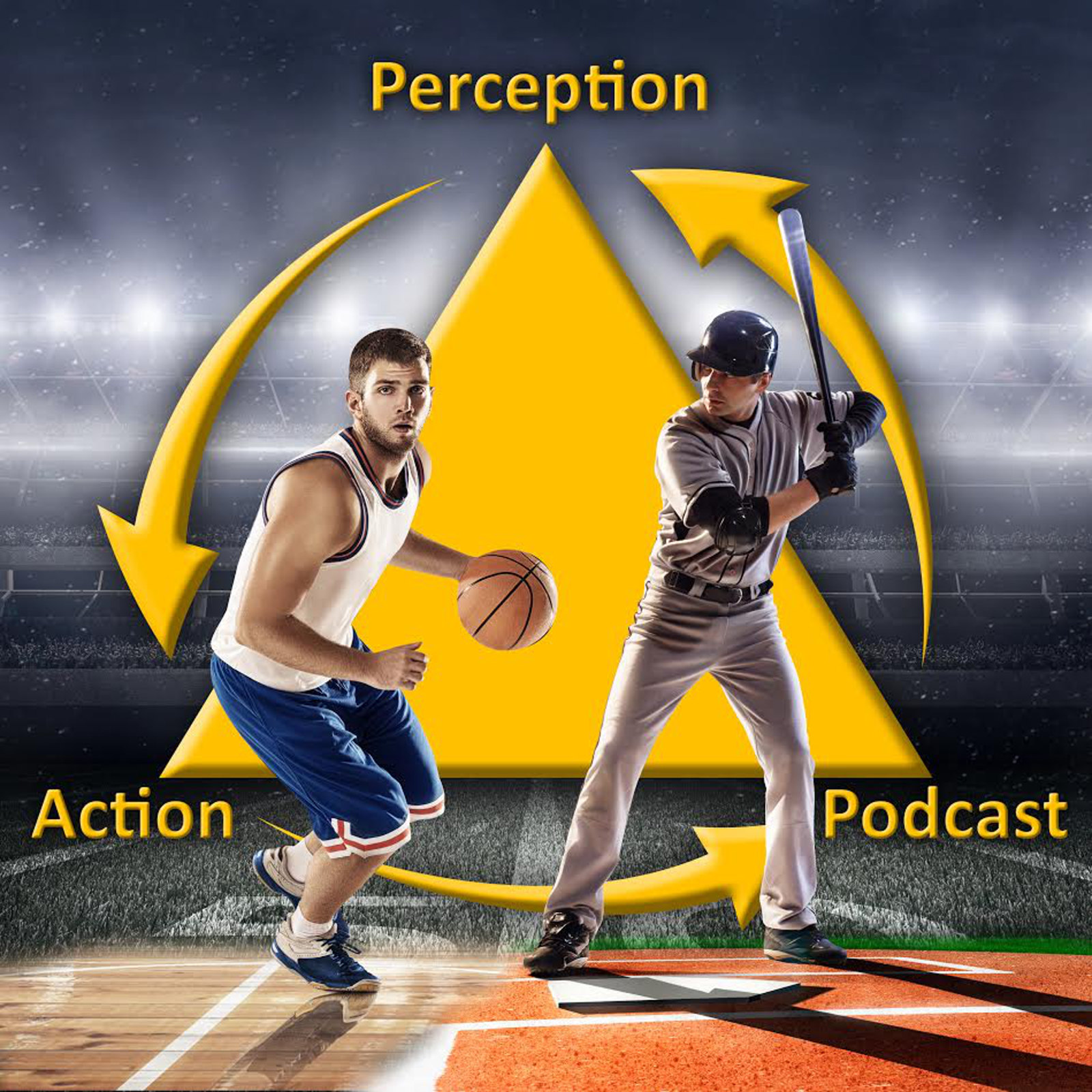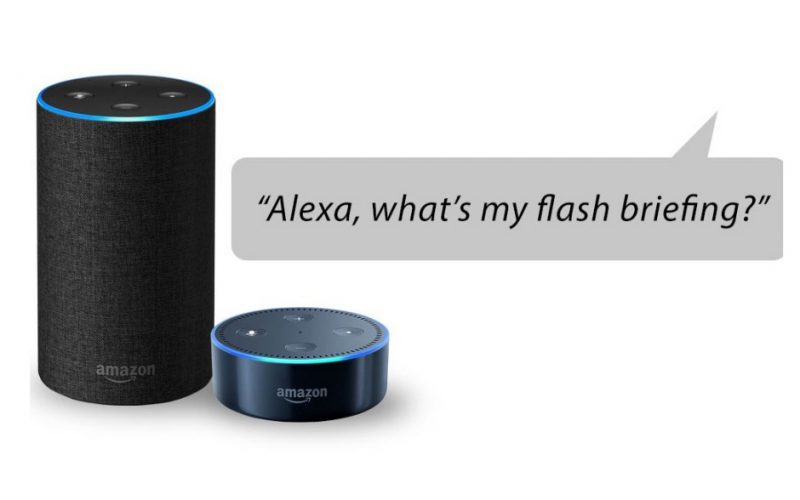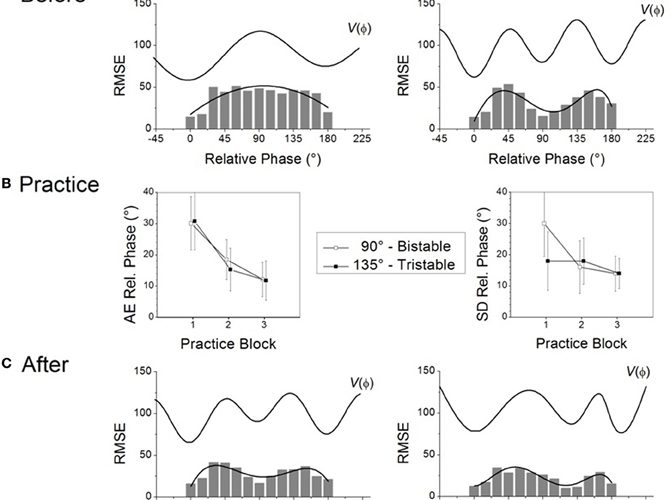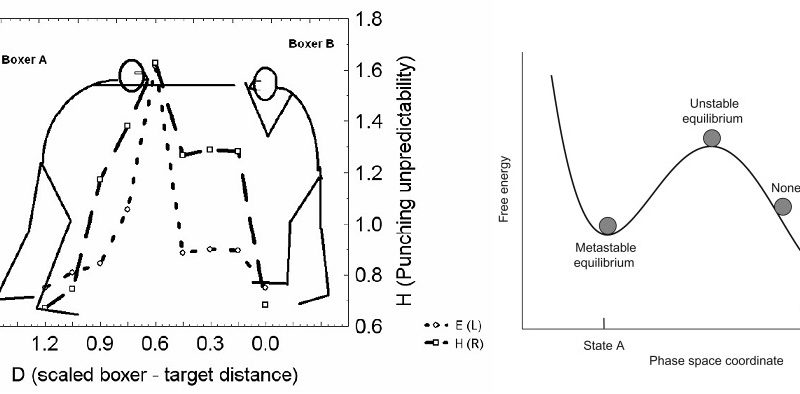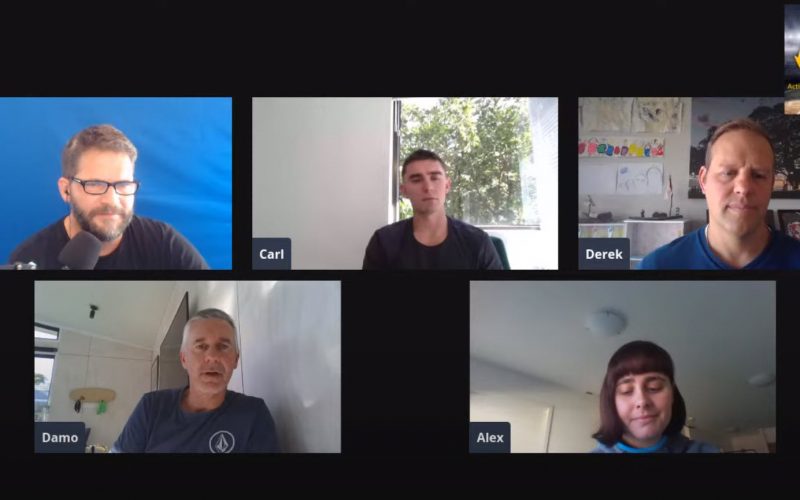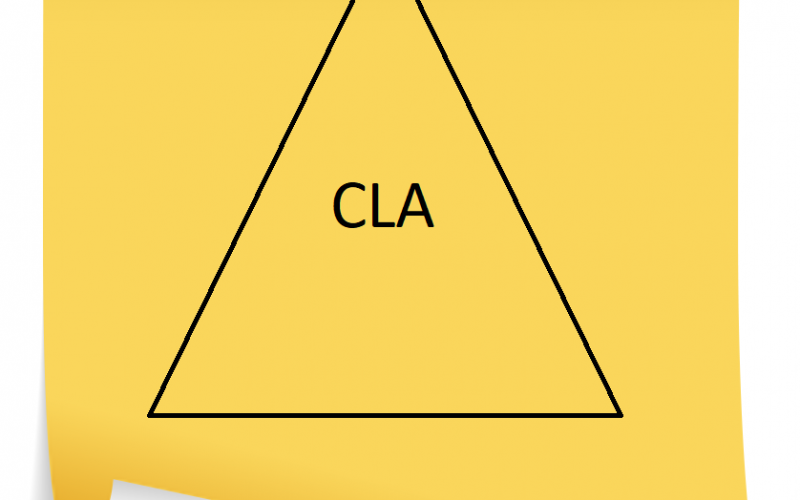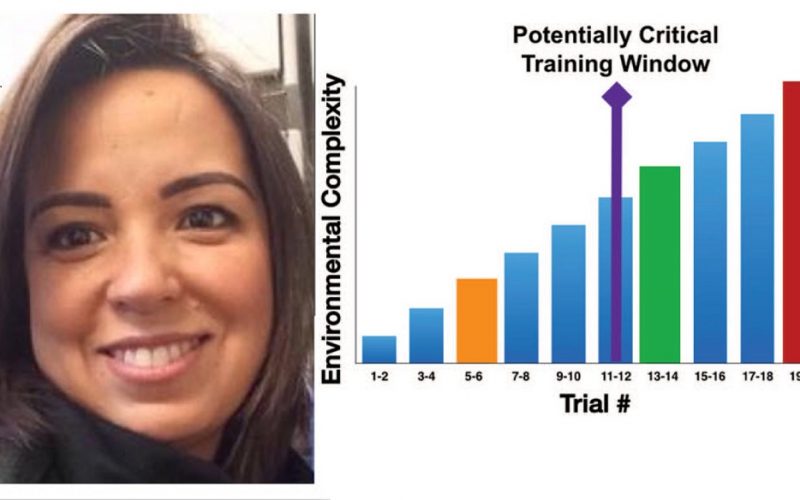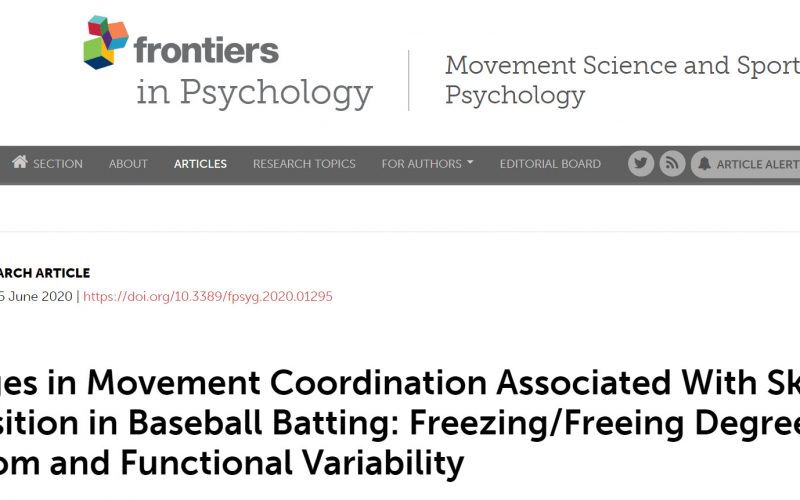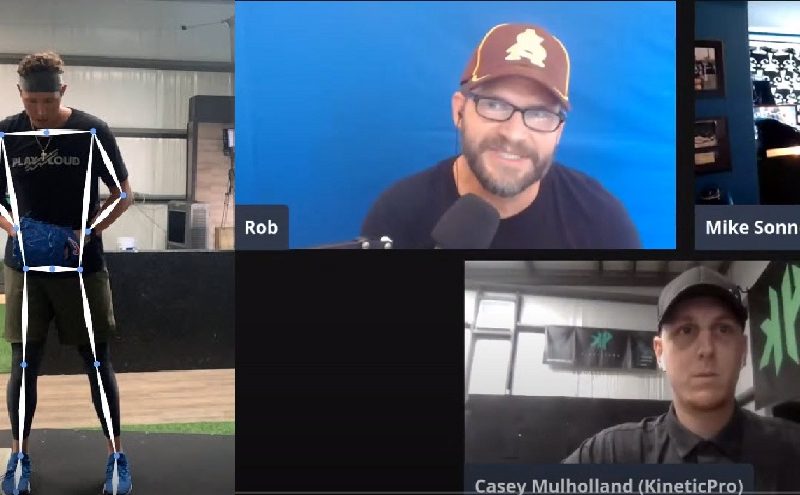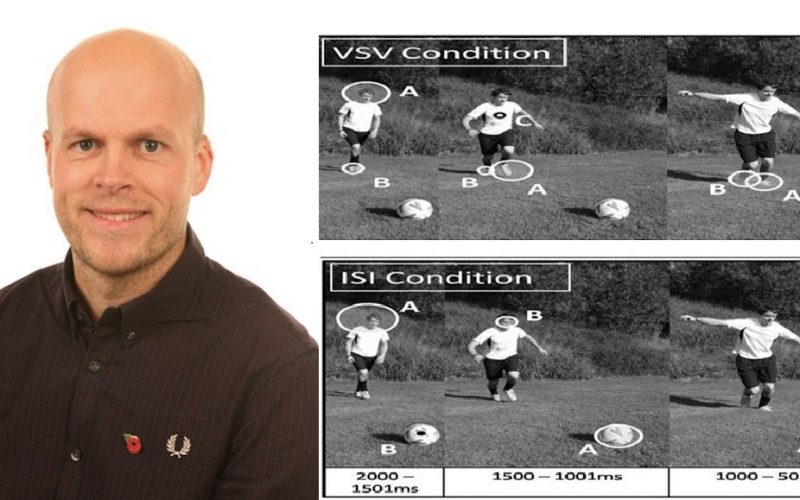Exercise & Motor Learning, Does Dirt Matter in Training?
The latest in skill acquisition and performance research from perceptonaction.com -We all know that exercise is good for us for a multitude of reasons. But one of lesser known ones is that it seems to help us learn new motor skills more effectively. Adding to this growing body of literature is a recent study by…
Read More